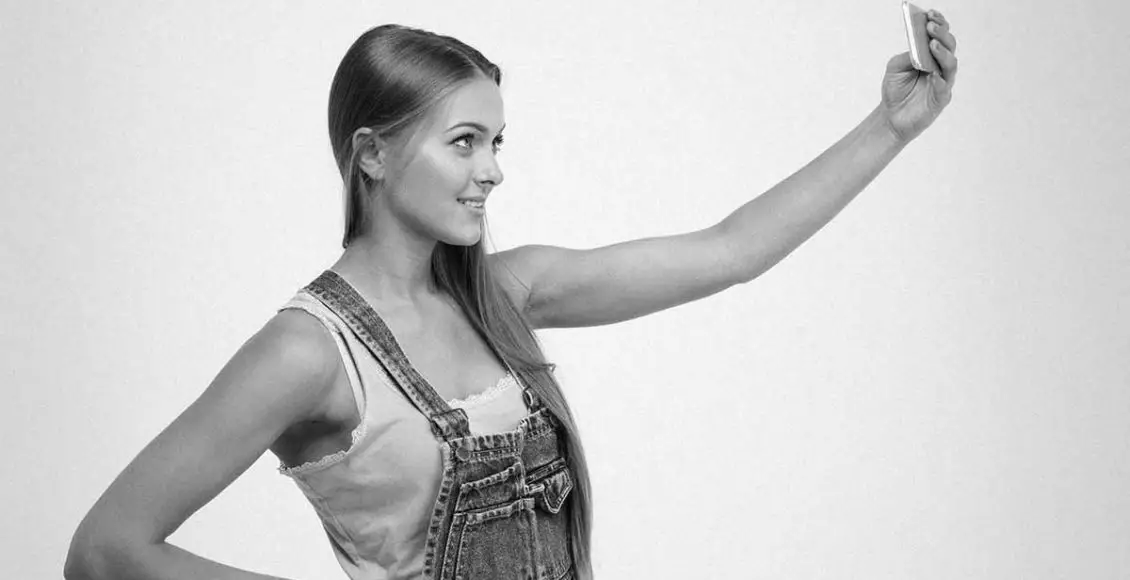Why do we judge people?
As much as we do not like to admit it, it is true: we judge people because of our egos. Although we know how much being judged can hurt, we do it anyway. Even when we ourselves have shed many tears after people have spoken behind our backs, we still do it to others. Why? The answer is simple: we judge people because it makes us feel better about ourselves.
What type of assumptions and judgments do you make?
Pay attention to the people you judge and why you judge them. Maybe you opened Instagram this morning, looked at someone’s latest post, and made an assumption. You rolled your eyes, took a screenshot, sent it to a friend, and made an unnecessary comment. When we judge people for the things they do and say, it is often because we are either envious or threatened. The next time you pass a judgment, ask yourself why you are doing so. Why does this person’s post bother you? Are you irritated by what they said or did it trigger something within you?
Alternatively, we judge people because they reflect characteristics and traits we don’t like about ourselves.
Although this is surprising and difficult to understand, it is true. When you dislike someone who has not done anything to hurt you, it is probably because they reflect a trait you have – a trait you try to hide and change. For example, if you are someone who is competitive, you may often feel irritated by people who are also competitive. Author Marian Keyes supports this idea as she writes that, “The things we dislike most in others are the characteristics we like least in ourselves.” Therefore, the next time you pass a judgment and get annoyed by someone, look inward.
When you judge others, you do not define them, you define yourself.
― Earl Nightingale
Do you feel guilty after judging others?
We judge people even when we know that we should not. Even if gossiping makes us feel good for a minute, we often feel guilt and even disgust after we have judged somebody. These feelings often present themselves when we know that what we are doing is wrong. Nobody wants to be mean, judgemental, and cruel. If you want to be more compassionate and less judgmental, you can be.
Pause before you judge.
Before making an assumption or passing an unnecessary judgment, ask yourself why you are doing it. Remember that you are not perfect and that you have no right to judge. Moreover, remind yourself of how it feels to be judged. If this fails, try to picture the person as a child. For example, people who constantly brag about their accomplishments often do so because their parents never acknowledged them. Rather than perceiving them as a show-off, see them as a child that is desperate for recognition and admiration. When you try to understand someone, you become less likely to judge them.
Although it will undoubtedly take time and effort, you can learn to be kinder and more compassionate. Pause before you judge and choose to be better.


